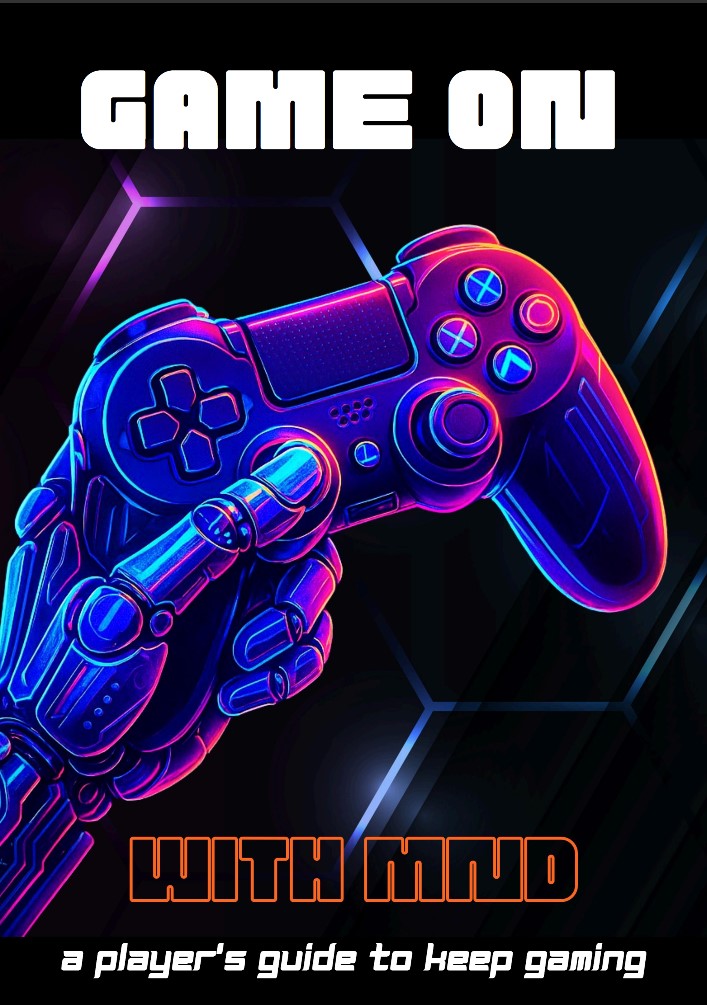
4 minute read
SPOTLIGHT ON SERVICES - INNOVATION, CONNECTION, JOY: REDEFINDING MND CARE
At MND Queensland, we live by a simple truth. Until there is a cure for Motor Neurone Disease, there is care. Every day our dedicated team supports people living with MND and their families, providing expert, compassionate services to help them live as well as possible for as long as possible.
But care is more than the support we provide in clinics, homes and communities. It is also about shaping the future of MND care, driving innovation and making sure people facing the disease today benefit from the very latest in knowledge, research and technology. Our clinicians are proud to contribute their frontline expertise to the development of the Australian MND Clinical Guidelines, bringing the realworld knowledge that comes from working with people living with MND every single day. We deliver education sessions for health professionals and family carers, and present at conferences to share insights and practical strategies that can improve the experience of living with MND.
Innovation also means identifying challenges and working on solutions that make a real difference. One example is the Communicating Point Project, national research we are leading on behalf of MND Australia. This important work, led by our speech pathologist Holly, is focused on improving resources and tools for people with swallowing difficulties, helping them maintain their voice for as long as possible.
Another example is our Game On with MND project (another project we’ve delivered on behalf of MNDA), which is all about preserving something that is often overlooked in health care conversations but is absolutely essential to quality of life: fun. Gaming is a huge part of Australian life, with 81 percent of Australians playing games on a device, whether that is a phone, tablet, computer or console. For people with MND, gaming can be more than entertainment. It can offer a sense of achievement, boost mood, provide mental stimulation, and create social connection, whether through online communities or playing with family and friends.
As the disease progresses, physical changes can make it harder to play in traditional ways, but technology is constantly evolving to bridge that gap. Adaptive controllers, eyetracking systems, switch-based setups and ingame accessibility features such as remappable controls and subtitles can make it possible for people to keep playing. Through Game On with MND we have spoken with gamers living with the disease to understand their experiences, challenges and creative solutions.
We are incredibly proud to have developed three dedicated resources as part of this project — one for people living with MND, one for health professionals, and one for game developers. Each resource offers practical strategies and information tailored to its audience, aiming to make gaming more inclusive and accessible. You can explore the gamers’ resource by scanning the QR code on this page.
Care is not only about meeting essential needs such as mobility, communication and daily living. It is also about making life worth living. For some, that might mean keeping up with a favourite hobby, continuing to connect with friends, or simply doing something that brings joy and a sense of normality. Projects like the Communicating Point Grant and Game On with MND show that care is not static. It grows and adapts, just as the needs of people with MND do.
Until there is a cure, there is care, and at MND Queensland, that care includes not just the serious side of clinical expertise but also the joyful side of living well. We are here to help people with MND keep their connections, their passions and their fun for as long as possible.https://issuu.com/motorneuronediseaseqld/docs/game_on_with_mnd?fr=xKAE9_zMzMw












